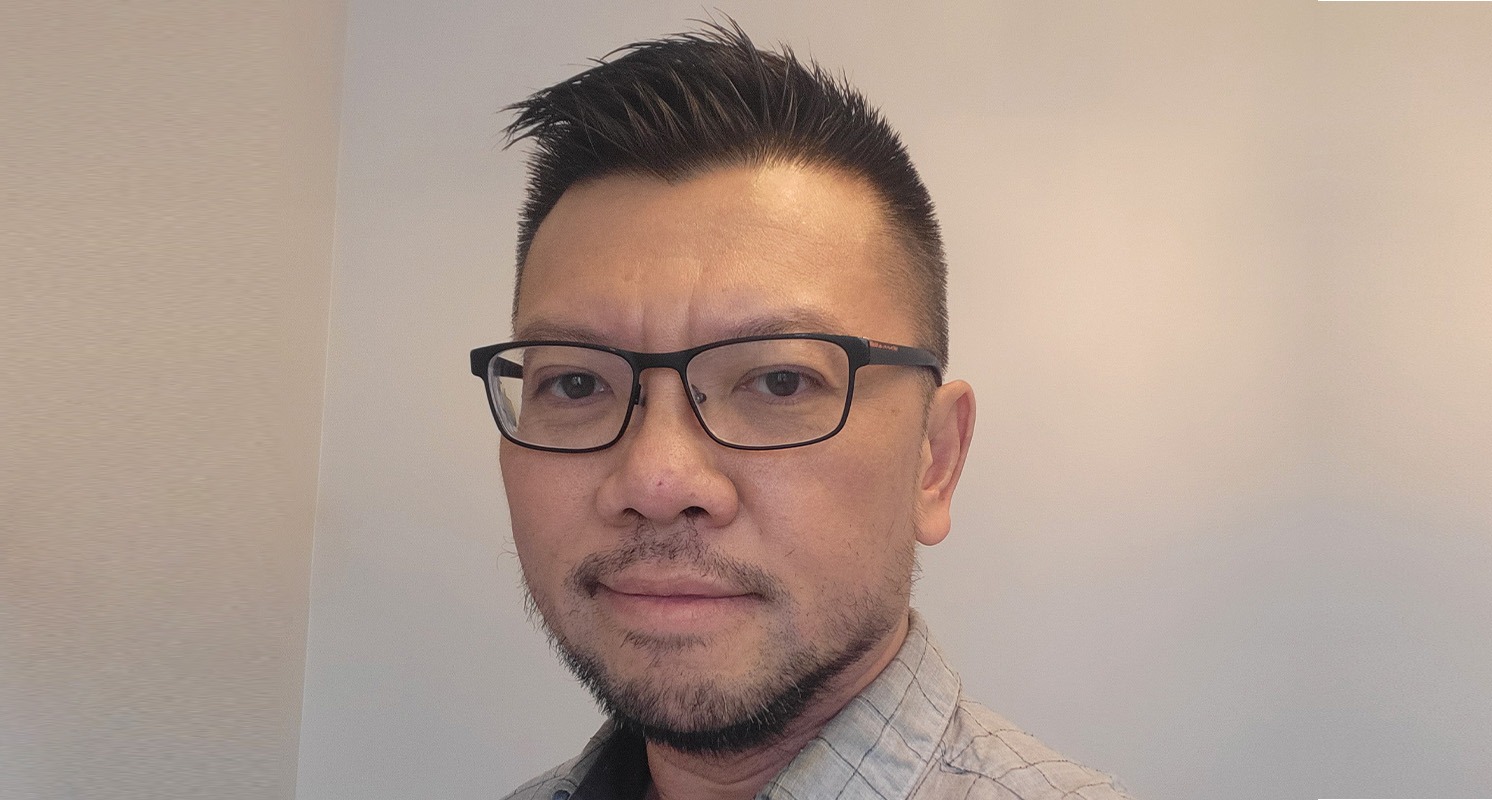Dr. Hoa Phuc Nguyen, Psychiatrist, Scarborough Health Network
Scarborough Health Network (SHN) is proud to join organizations across the country in recognizing Canadian Mental Health Week from May 1-7.
Each year, one in five Canadians experience a mental illness or need mental health support. With SHN’s recent announcement on the upcoming launch of our new Community Mental Health Centre, this year for Mental Health Week, we are shining a light on mental health care in the community. We spoke with providers, partners and patrons from SHN and across Scarborough to discuss the many facets of community-based mental health care and services. They each brought their own lens and perspectives that we are proud to share in our three-part Q&A series.

Meet Dr. Hoa Phuc Nguyen, a psychiatrist at Scarborough Health Network (SHN). He has been delivering care to patients with mental health and addictions issues at the hospital for 10 years. He also serves as the lead psychiatrist of SHN’s Mental Health Adult Outpatient services, helping ensure those in need get the right kind of treatment in the care setting that is most appropriate for them.
What mental health trends have you seen in the community, and why do you think there has been increased demand for mental health support?
Many people have struggled with mental health issues during the COVID pandemic. This resulted in a mainstreaming of the discussion and helped bring mental health awareness to the fore, prompting many people to take the opportunity to seek professional help.
I’ve witnessed a number of changes and emerging factors that have allowed care to grow with the volume of demand over the past few years.
Healthcare delivery has evolved as our communication technology has advanced. During the years of the COVID pandemic, many services, including outpatient visits (i.e. do not require patients to be admitted to hospital for treatment), were available only as virtual care. Further, while people connected to service providers through video, telephone, or messaging mediums, some took advantage of more computer-automated, self-help services from webpages and smartphone apps.
However, virtual care and technology can be quite user dependent. Many people still cannot afford electronic services or lack the technical know-how to organize getting access for themselves, and felt disconnected. This has resulted in some stratifying of care delivery methods along demographic lines (e.g. age, income, housing status, etc).
During the height of the pandemic, it also struck me that while there were longer wait times to see doctors, non-physician services such as counselling and therapy became more readily available.
How will SHN’s Community Mental Health Centre, which will centralize mental health care services in one location, create a ‘one-door approach’ to care and enhance the patient and family experience?
Patients are referred through a variety of sources – their primary care family doctors, walk-in clinic doctors, or other hospital and emergency department doctors – for their specific mental health needs. When those patients require multiple services, as is often the case, this can create a web of intersecting care needs that are challenging to keep organized and working in concert with one another towards the best interest of the patient or client. A centralized approach organizes and standardizes the necessary steps of care, such as assessment and goal setting, treatment proposal and implementation, and follow-up, with each of the services working in collaboration more easily.
Patient engagement remains key in decision-making around the best treatment plan for the individual. It is important that patients participate in setting goals and expectations together with their care provider. This includes making sure they understand mental health, especially with so much misinformation circulating around the internet or within communities by word-of-mouth. Patients and supportive family members may also have different knowledge and understanding, and it is useful to invite family members to discuss common goals.
It will be wonderful to have a comfortable and safe space that is dedicated to these essential interactions. Further, a centralized space helps start the conversation about other forms of care that might be needed because all the services will feel (and will physically be) so much more connected.
What types of services can patients who are referred expect?
We have developed different collections of multidisciplinary treatments (also known as pathways) for different types of treatment goals. This allows the right services to be matched with patient needs in a timely way, based on measurement and evidence. These pathways are composed of doctors, therapists, and other workers, with the care delivered in an individual or group-based setting.
To help remove barriers that prevent people from accessing the care they need, we have both in-person and virtual services where appropriate, and some services are offered in multiple languages.
The new Community Mental Health Centre will offer a modern, thoughtfully-designed and outfitted space to house all of the aspects necessary to ensure patients get on the care pathway that is right for them.
How is the diversity of our client and patient population in Scarborough being considered in the way that we deliver community-based mental health care?
The new Community Mental Health Centre will welcome patients, clients and their families of diverse backgrounds and individual needs, into a safe and inclusive space. It will leverage new technologies to reduce barriers to access, and promote more effective care.
There is much thought given to patients’ cultural background and sensitivities, with specific services directed at different groups. One example is how we are considering language needs as planning for treatment pathways. We are matching patients with indirect communication, or help from a translator, or a supportive family member. Another example is our focus on helping patients and clients to navigate existing cultural community services as appropriate. Additionally, the new Community Mental Health Centre will also reflect the diversity of our SHN care providers – doctors, therapists, etc. – coming from different language and cultural backgrounds, who bring with them their own unique life experiences and skills to better engage with our patients and provide more personalized care.

